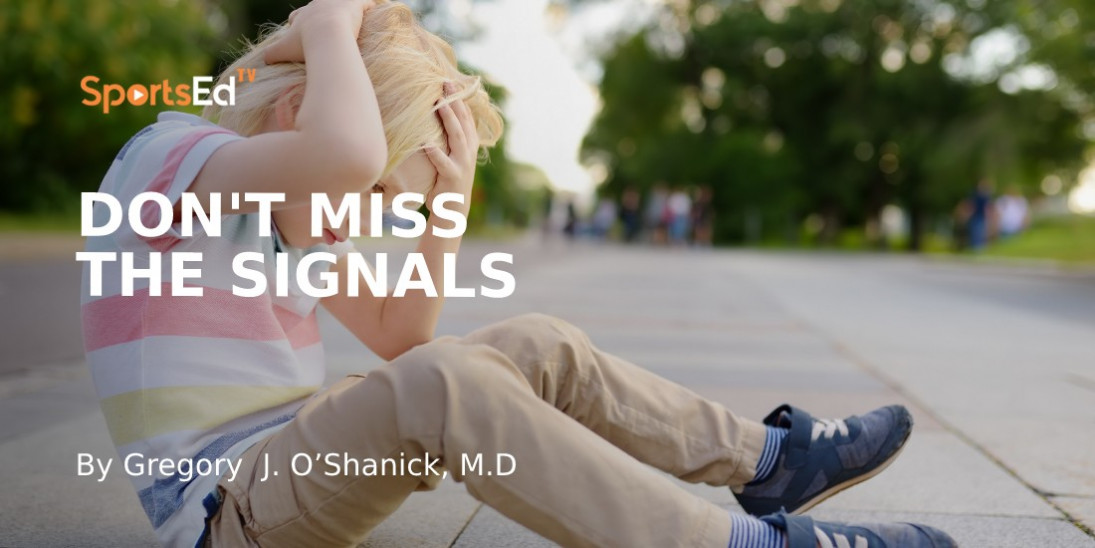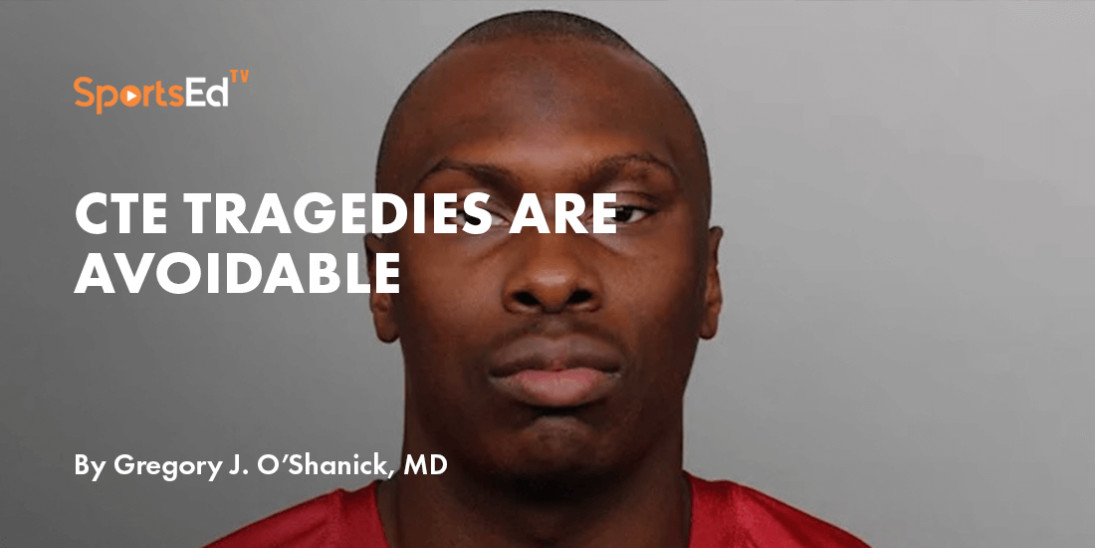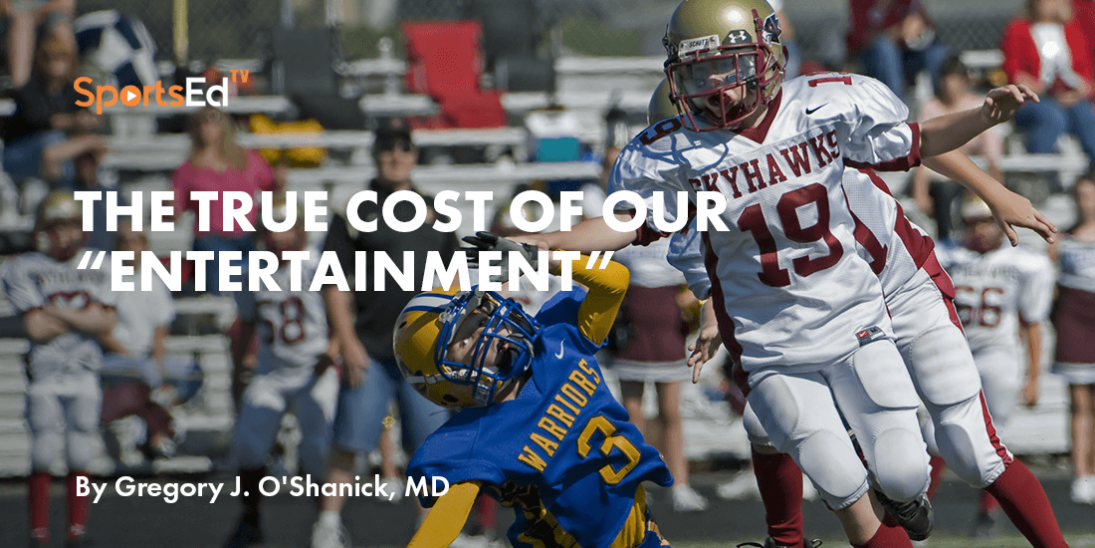Concussion
Welcome and thanks for visiting...

Dizzy After a Concussion?
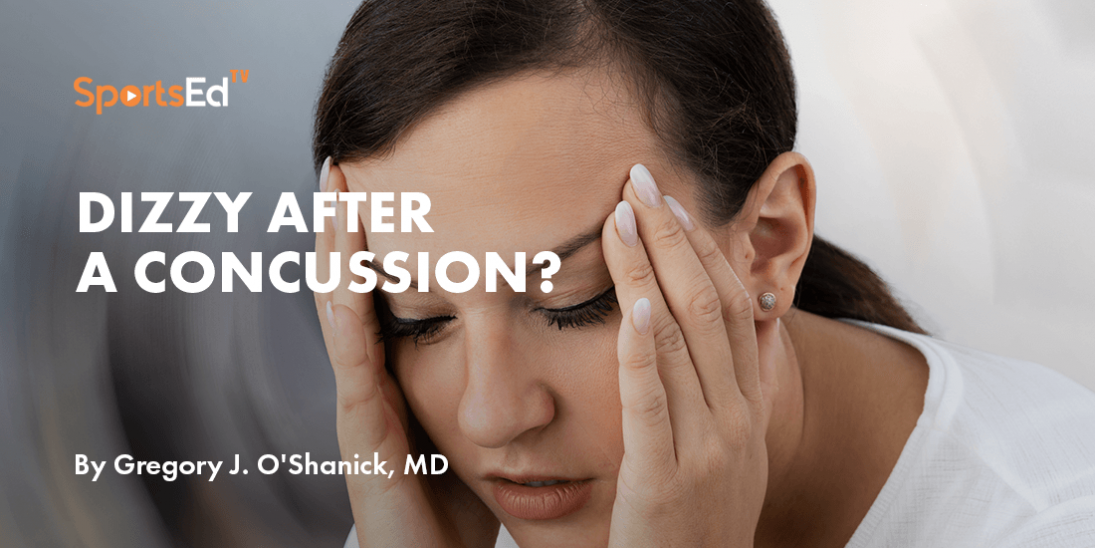
Picture this: You have been diagnosed with a concussion and you’re feeling dizzy? Does it feel like the room is spinning around you or are you feeling lightheaded?
Dizziness is one of the top complaints reported by patients who have been diagnosed with a concussion and it often causes a significant amount of disability. Patients may feel unable to fully participate in their normal daily activities as a result and avoid movements, environmental triggers, exercise, or position changes as a way to prevent their symptoms.
Many patients will experience resolution of their dizziness symptoms within 3 weeks after their injury. Unfortunately, it has been estimated that approximately 50% of concussion patients have persistent dizziness symptoms with up to 15% still experiencing these symptoms at 1-year post-injury. These staggering numbers make it even more important to educate patients, caregivers, and healthcare providers on what to do to better manage post-concussion dizziness.
Post-concussion dizziness has a variety of possible causes and each patient with persistent, unrelenting dizziness should be fully evaluated for each to determine the best course of action for treatment.
One possible cause of post-concussion dizziness is a peripheral vestibular dysfunction, meaning an abnormality of the inner ear structure that controls balance. The most common diagnosis within this category is benign peripheral paroxysmal vertigo (BPPV). Studies find that 10 to 57% of patients with a concussion will experience dizziness secondary to BPPV. Patients will often describe this dizziness as "the room is spinning", particularly with head position changes. BPPV can be easily evaluated in the office by doing a Dix Hallpike maneuver. An abnormal Dix Hallpike will be evident with nystagmus (abnormal horizontal movements of the eyes) when the affected ear is positioned down.
Most cases of BPPV will resolve on their own, but an Epley maneuver can be done in the office to provide relief. Medications can be prescribed for short-term help with symptoms. Other possible causes of vestibular dysfunction post-concussion are labyrinthine dehiscence and perilyphatic fistula.
Balance difficulty that is abruptly triggered by a sudden loud noise is a common characteristic observed with these causes. They should also be considered in patients who do not respond to vestibular rehabilitation. A specialized CT scan of the temporal bones would be needed if this is expected and/or ocular vestibular evoked myogenic potentials, which are performed by specialists in neuro-otology.
A second possible cause of post-concussion dizziness can be described as non-vestibular dysfunction. These are disorders that are stemming from another organ system and cause symptoms such as lightheadedness or imbalance. However, the term that patients will typically use is “dizzy.”
Two areas to evaluate are the autonomic nervous system and the pituitary/endocrine system. Autonomic dysfunction can lead to patients feeling lightheaded with postural changes (as with standing or bending over) or increases in their heart rate. This can be evaluated by checking blood pressure and heart rate with position changes or by referring to a cardiologist for a specialized tilt table test.
The pituitary gland is housed in a bony chamber beneath the brain and concussion can cause a disturbance of its signaling the normal release of hormones such as thyroid, cortisol, growth hormone, and gonadotropins (estrogen and testosterone). When this happens, hormone levels become abnormal. This has the potential to cause feelings of dizziness, lightheadedness, or imbalance. Obtaining laboratory studies that specifically measure these neuroendocrine levels can be ordered to determine if this has occurred.
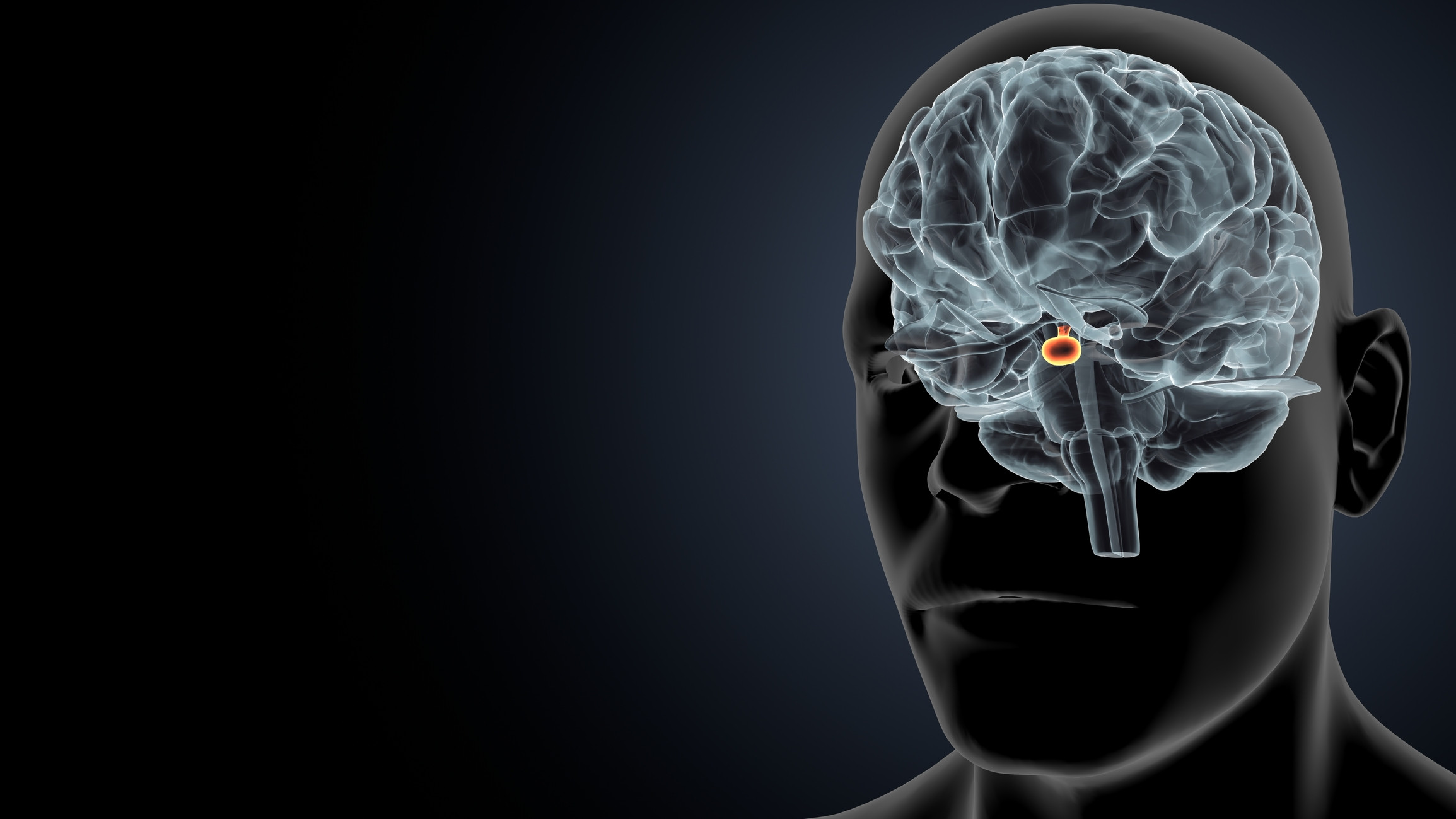
The third, and final possible cause of post-concussion dizziness is a central vestibular dysfunction. Abnormalities in eye movements are one of the more common findings in central vestibular dysfunction. A patient may have difficulty tracking items, may demonstrate nystagmus, or may have trouble following a target as it moves closer to them (convergence) after a concussion. This can result in significant symptoms of dizziness. A full oculomotor assessment should be completed on any patient who has sustained a concussion.
Glasses with prisms and/or vision therapy can be prescribed for the patient to help remedy these symptoms. Migraine, particularly vestibular migraine, may provoke central vestibular dysfunction which can be evaluated by taking a thorough history and trialing one of the available migraine medications to provide patients with relief. Other possible causes of central vestibular dysfunction are hypertension or high blood pressure and normal pressure hydrocephalus.
Normal-pressure hydrocephalus is a condition in which the ventricles of the brain have enlarged, possibly as a result of trauma and although the pressure within the brain is normal, there is still an abnormal amount of cerebrospinal fluid. These subtle changes can be evaluated through MRI with additional volumetric analysis such as NeuroQuant®.
To summarize, if you have had a concussion and you are feeling dizzy weeks after your injury, it is important to seek medical treatment by a provider that can help you determine the cause and a proper treatment path. If you are a provider who is treating concussion, please familiarize yourself with the many causes outside of BPPV that your patients could be suffering from to be certain that a proper workup is completed and more targeted treatment can be provided.
Much of the information from this blog post is in reference to an article titled “Post-concussive Dizziness: A Review and Clinical Approach to the Patient” published in Frontiers in Neurology January 2022 by Gerard J. Gianoli.

